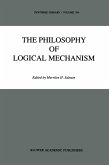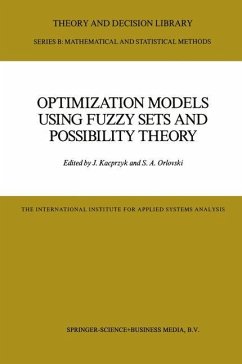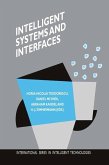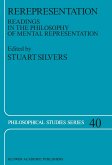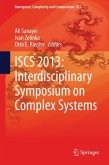In the fall of 1985 Carnegie Mellon University established a Department of Philosophy. The focus of the department is logic broadly conceived, philos ophy of science, in particular of the social sciences, and linguistics. To mark the inauguration of the department, a daylong celebration was held on April 5, 1986. This celebration consisted of two keynote addresses by Patrick Sup pes and Thomas Schwartz, seminars directed by members of the department, and a panel discussion on the computational model of mind moderated by Dana S. Scott. The various contributions, in modified and expanded form, are the core of this collection of essays, and they are, I believe, of more than parochial interest: they turn attention to substantive and reflective interdis ciplinary work. The collection is divided into three parts. The first part gives perspec tives (i) on general features of the interdisciplinary enterprise in philosophy (by Patrick Suppes, Thomas Schwartz, Herbert A. Simon, and Clark Gly mour) , and (ii) on a particular topic that invites such interaction, namely computational models of the mind (with contributions by Gilbert Harman, John Haugeland, Jay McClelland, and Allen Newell). The second part con tains (mostly informal) reports on concrete research done within that enter prise; the research topics range from decision theory and the philosophy of economics through foundational problems in mathematics to issues in aes thetics and computational linguistics. The third part is a postscriptum by Isaac Levi, analyzing directions of (computational) work from his perspective.



